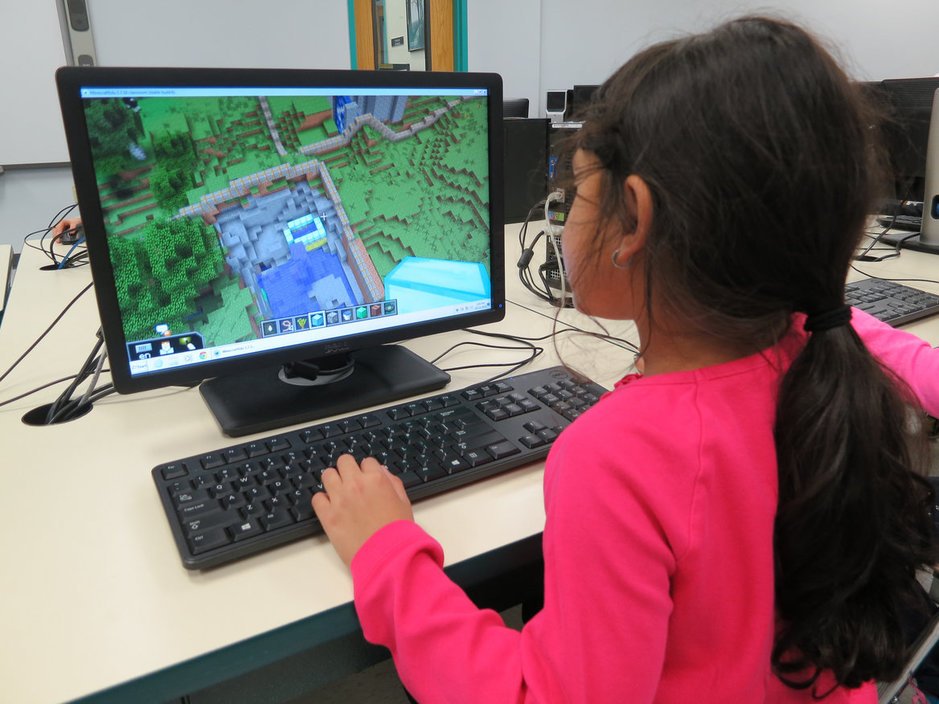Skills and education
Addressing Europe’s skills gap is vital to the continued success of Europe’s games industry, and to ensuring that games remain a catalyst for learning, innovation and transformation.
Europe needs high-value jobs to remain competitive and to drive innovation in the digital sector. National surveys show that programming talent is the most difficult skill to recruit.
Video games can also support in closing the gender gap. According to Anesa Hosein, Senior Lecturer at the University of Surrey, girls that play video games are three times more likely to engage in a STEM degree than those who don’t play.
Video Games Europe and its membership across Europe call for policies that support coding in the classroom – such as the EU’s Code Week and Digital Education Action Plan. These EU initiatives are crucial, and must help to encourage action at national level.
Video games have the potential to transform teaching and bring new benefits to learning. They can help achieve EU policy objectives, such as those set out in the European Framework of Key Competences for Lifelong Learning. Learn more about how video games benefits education in our dedicated section of our website and through Games in Schools, a joint project by Video Games Europe and European Schoolnet, the network of 34 Ministries of Education, to promote game-based learning to teachers. In 2019, more than 3,900 teachers and educators across Europe registered to the project, training them on how to use video games as pedagogical support in the classroom.








